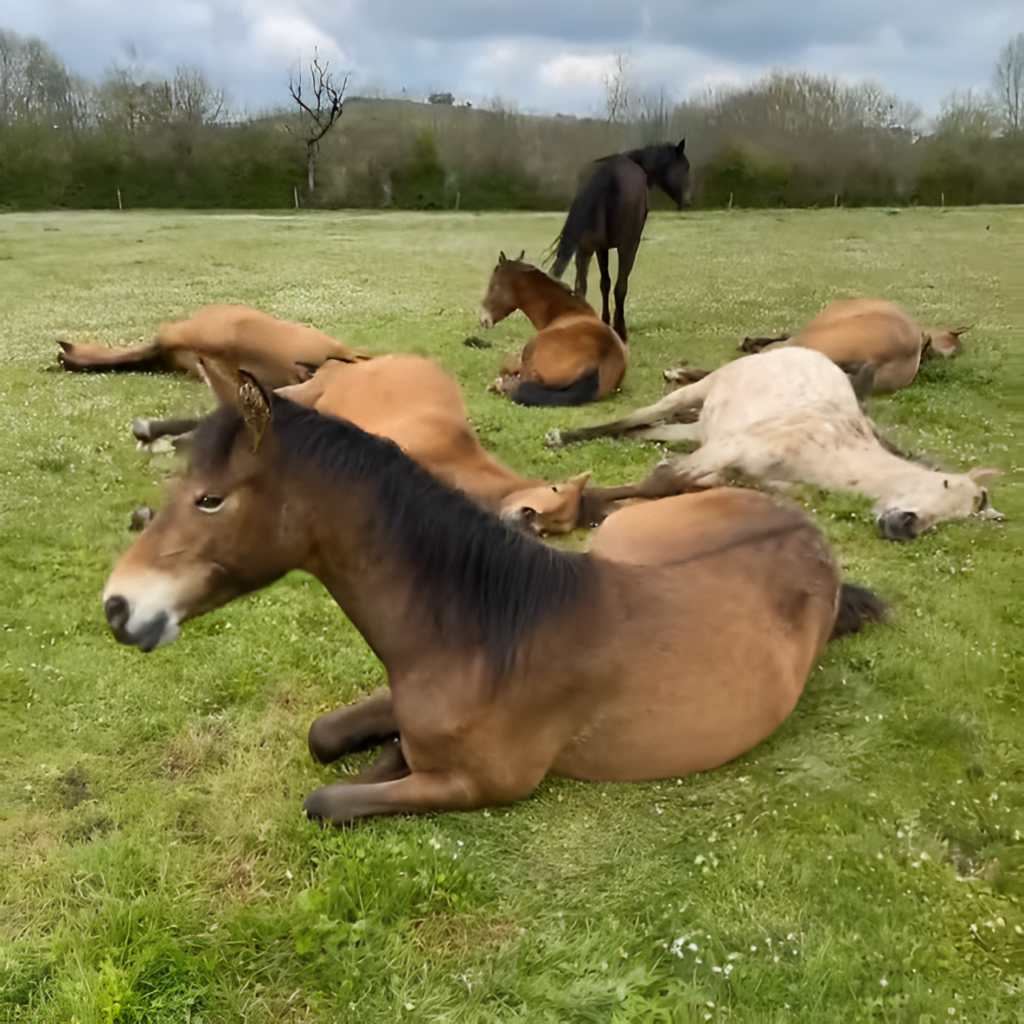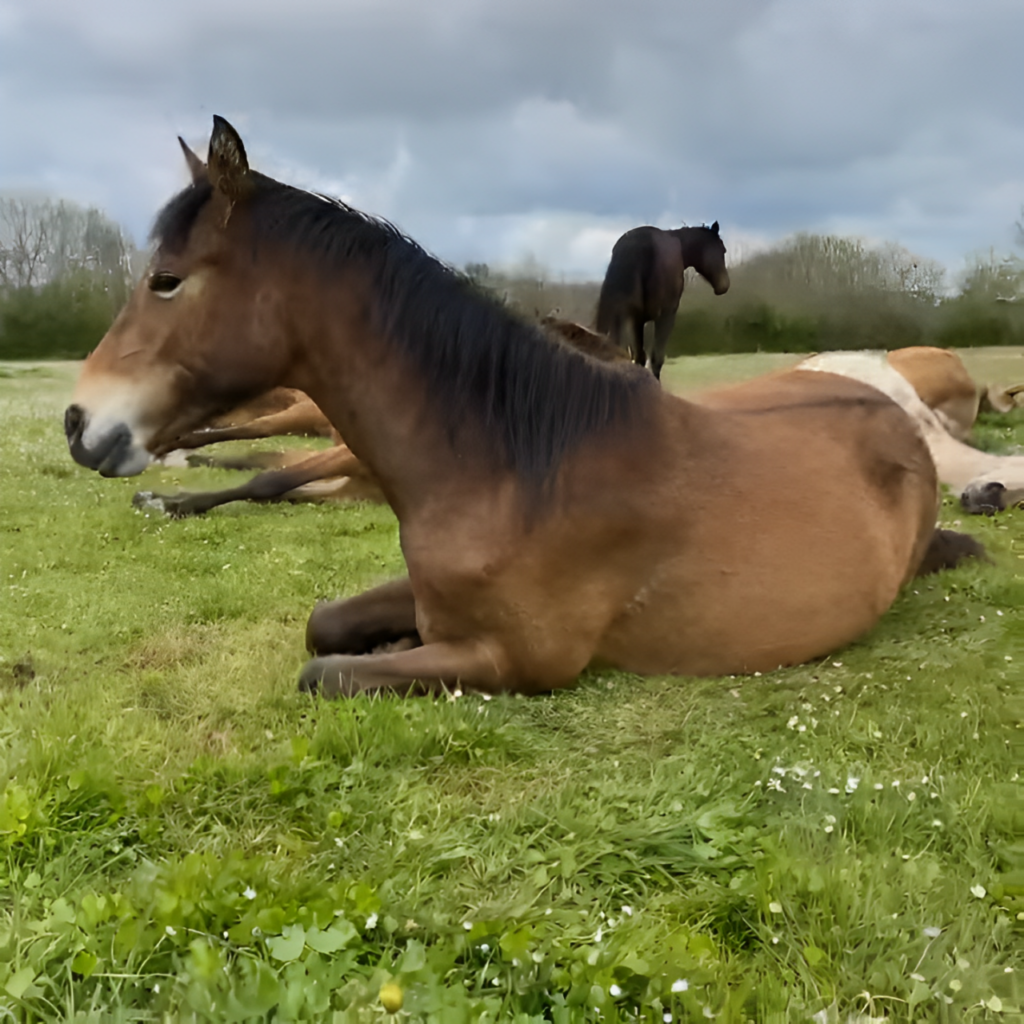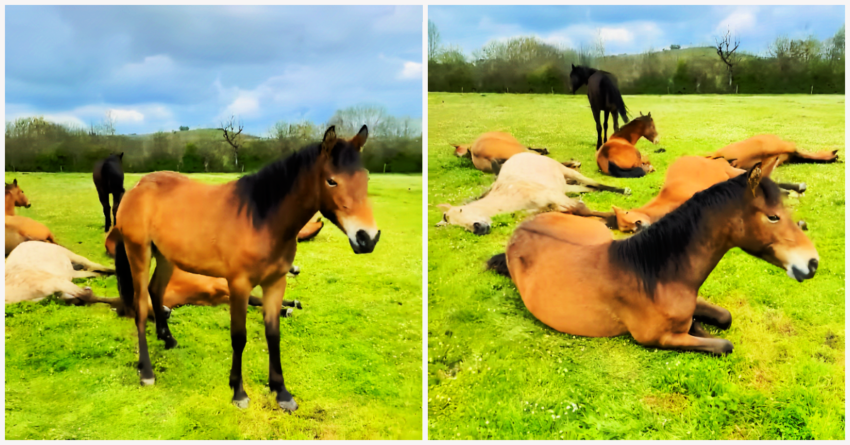Horses thrive in environments that provide them with fresh air and lush green grass, essential components for their well-being. Observing horses on a sunny day, grazing contentedly in a verdant pasture, highlights the importance of such natural settings for their health. These peaceful moments of tranquility are not just pleasurable but are crucial for their overall physical and mental health. Owners, however, must be cautious about how they transition their horses to pasture, especially after a period of confinement. It’s critical to feed horses hay before their first pasture outing of the season to ensure they don’t graze on an empty stomach. The initial grazing period should be brief, approximately 15 to 20 minutes, and then incrementally extended daily to help their digestive systems adjust without stress.

Proper management of grazing time is vital to prevent health issues. Horses should ideally graze during early morning or late evening to avoid the high fructose content found in grass at peak sunlight hours. Yet, these times also coincide with higher mosquito activity, which can increase the risk of infections such as West Nile virus. Additionally, the lushness of spring grass, while tempting after winter’s scarcity, poses risks like colic, a painful abdominal condition, and founder, a serious foot disease. Both conditions can stem from excessive intake of rich spring grass, emphasizing the need for moderated grazing practices to protect horse health.

Nutrition is another crucial aspect of horse care. While grass can provide the majority of a horse’s dietary needs as per their natural habits, domesticated and working horses require a more comprehensive diet. These horses need additional vitamins and minerals that grass alone cannot supply, which is why many owners supplement their diets with hay, grain, and salt blocks. These supplements help fill any nutritional gaps and support the horses’ health and energy levels, especially those that are actively working and need more than what natural forage can offer.

Finally, the mental health of horses is just as important as their physical well-being. Continuous turnout, where horses are allowed to roam freely 24/7, has been shown to significantly benefit their psychological state. This practice can lead to fewer behavioral issues and makes training easier, as horses that are free to explore and interact with their environment tend to be more mentally stimulated and less prone to boredom. Whether through strategic grazing management, nutritional supplementation, or providing ample space and freedom, caring for horses in a way that mimics their natural tendencies is key to their health and happiness.
